Plant-based athletes have been proving for years now that you don’t need meat to succeed. As a matter of fact, some endurance athletes now swear by a vegan diet, claiming that they feel healthier, less inflamed, and more energized which helps give them an edge in sport. The success of vegan diets have inspired many others to give it a try, with more and more endurance athletes racing towards a vegan diet.
Whether you’re training for a 5K or an Ironman Triathlon, a plant-based diet can be a powerful tool for improving athletic performance and recovery. And now, anew study backs up these claims with science! Read on to learn 5 benefits of a plant-based diet for athletic performance, including how avoiding meat improves heart health by increasing blood flow and reducing inflammation
1. Increased cardiovascular health
Even endurance athletes are not immune to heart diseases. Surprisingly, endurance athletes may have more advanced atherosclerosis and myocardial damage compared to sedentary individuals, particularly as they age. While it is still unknown whether this is due to the consequences of athletic activity or the foods often used to fuel it, the saturatedfat, cholesterol, and relative absence of antioxidants and fiber in animal products may be a core contributor to atheroscleotic changes.
>On the other hand, plant-based diets, which are low in saturated fats and free of cholesterol, play a critical role in heart health which is key for endurance athletes. Specifically, they have been shown to reverse coronary atherosclerosis and plaque build-up, increase blood flow, and lower blood cholesterol. Additionally, vegan diets have been shown to improve plasma lipid concentrations, blood pressure, and blood glucose control.
2. Leaner body mass
Plant-based diets reduce body fat which can be beneficial for athletic performance. This reduction in body fat can be attributed to the inherent low fat and high fiber content of the diet which oftentimes leads to a reduction in energy intake. Additionally, new findings suggest that animal-based diets can disrupt cell metabolism which reduces energy expenditure while a low-fat plant-based diet can actually increase postprandial energy expenditure.
Why is a leaner body mass beneficial for ultra endurance athletes? Eliminating excess body fat to a certain extent can help boost endurance! Specifically, reduced body fat is associated with an increased maximal and sub-maximal aerobic capacity, which is the ability to use oxygen during exercise. Athletes following a plant-based diet can increase their VO2 max, leading to better endurance.

3. Less inflammation
Food choices can help in reducing inflammation. Endurance athletes often experience inflammatory stress due to intense exercise which can contribute to delayed-onset muscle soreness. Meat consumption and high cholesterol levels exacerbate inflammation, leading to impaired athletic performance and recovery.
A plant-based diet can help boost athletic performance and recovery by reducing inflammation. A varied diet centered around fruits, vegetables, grains, and legumes has been shown to reduce blood concentrations of C-reactive protein, which is your body’s marker for inflammation. The anti-inflammatory benefits of plant-based diets may stem from their antioxidant content, the absence of inflammatory products, or simply the absence of pro-inflammatory fats.
4. More antioxidants
A plant based diet reduces oxidative damage by neutralizing free radicals withantioxidant-rich fruits and vegetables. Free radicals play a role in cell and muscle inflammation and can lead to muscle fatigue, reduced athletic performance, and impaired recovery. Compared to meat-eaters, vegans have increased antioxidant activity due to higher intakes of vitamin C, vitamin E, beta-carotene, and other antioxidants. Studies have found potentially beneficial effects of specific antioxidant-rich foods on endurance exercise, notably beets, allium vegetables, and cherry juice. Furthermore, it is suggested that specific foods with antioxidant activity such as blueberries may decrease post-exercise inflammation and facilitate recovery.
5. Improved glycogen storage
Carbohydrates are the primary source of energy during moderate and high-intensity aerobic exercise. However, many athletes have eating patterns that are insufficient incarbohydrates, putting them at risk for rapid depletion of glycogen from the muscle, causing early fatigue. Because grains, legumes, and vegetables are rich in complex carbohydrates, athletes who begin plant based diets naturally increase their intake of healthy carbohydrates. This allows for greater endurance capacity, helping you have an improved performance!

To conclude...
Plant-based diets help play a key role in cardiovascular health which is critical for endurance athletes. Specifically, this diet can help improve plasma lipid concentrations, blood pressure, and plaque build-up. This type of diet can also contribute to improved athletic performance and accelerated recovery in endurance sports. If you’re someone who wants to start a plant-based lifestyle, clickhere for everything you need to know!
At Näak, all of our athletes run on a plant-based diet with the use of cricket powder for alternative protein and more! Learn more about the benefits of cricket protein here.
Want to get more nutrition tips and receive exclusive offers? Click here!























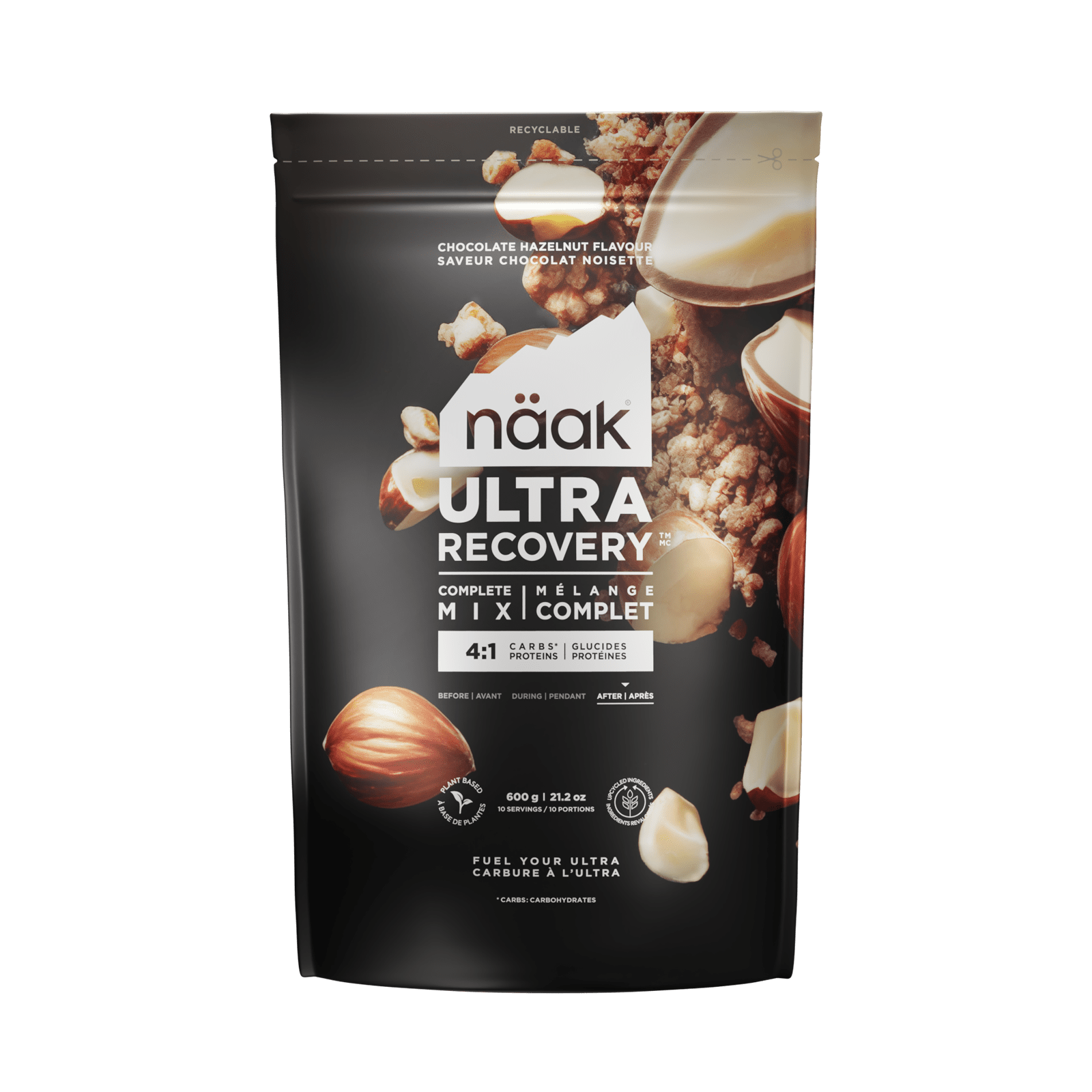
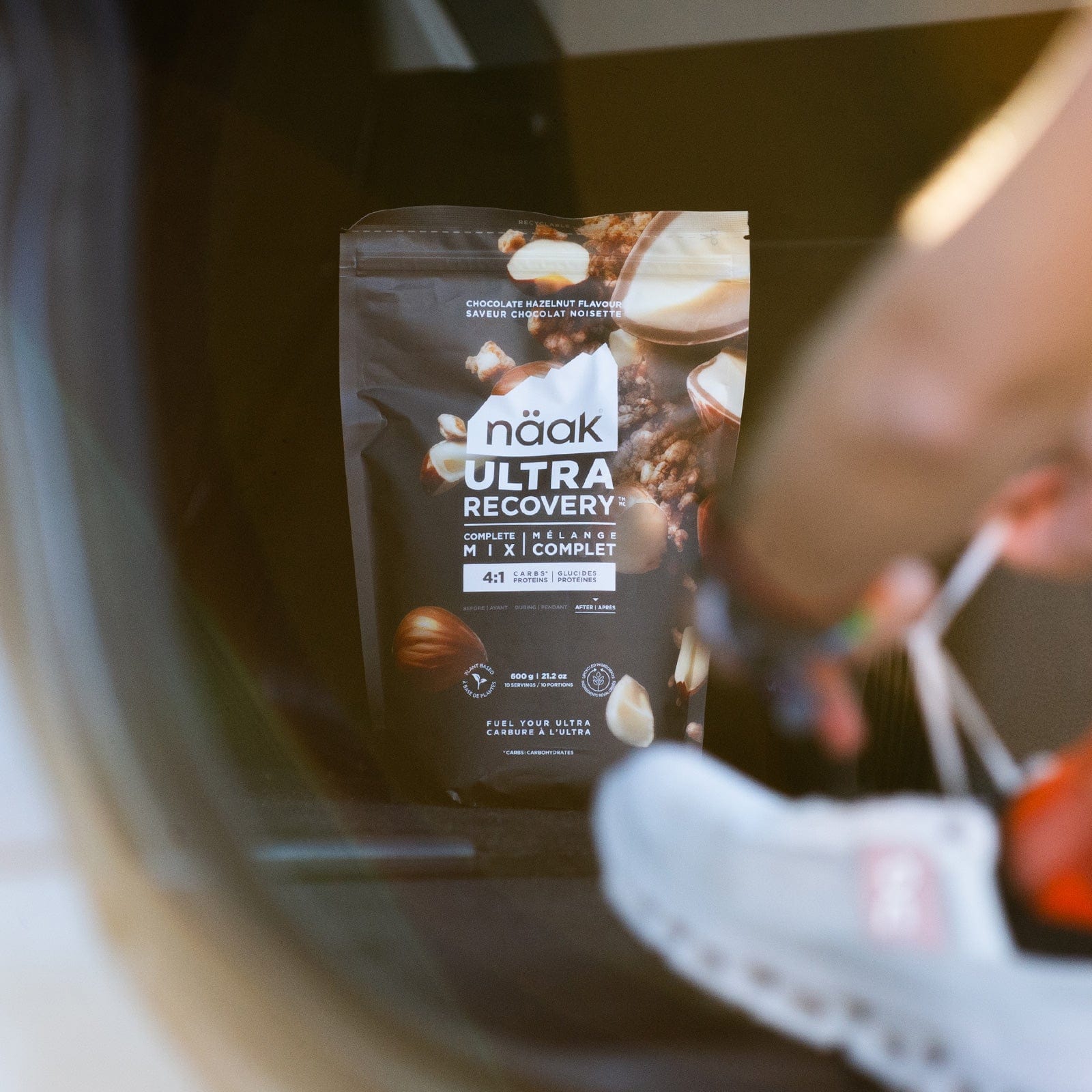
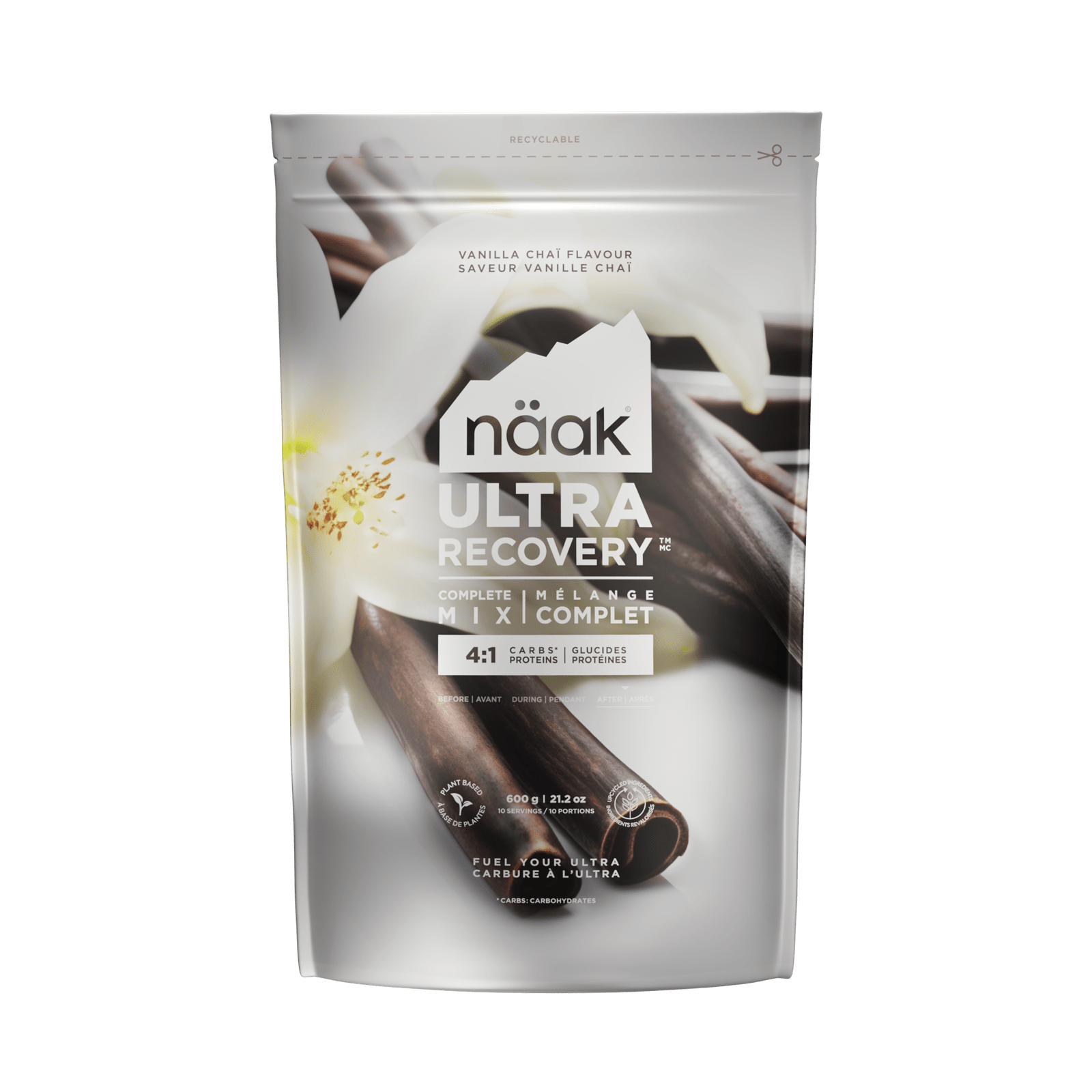
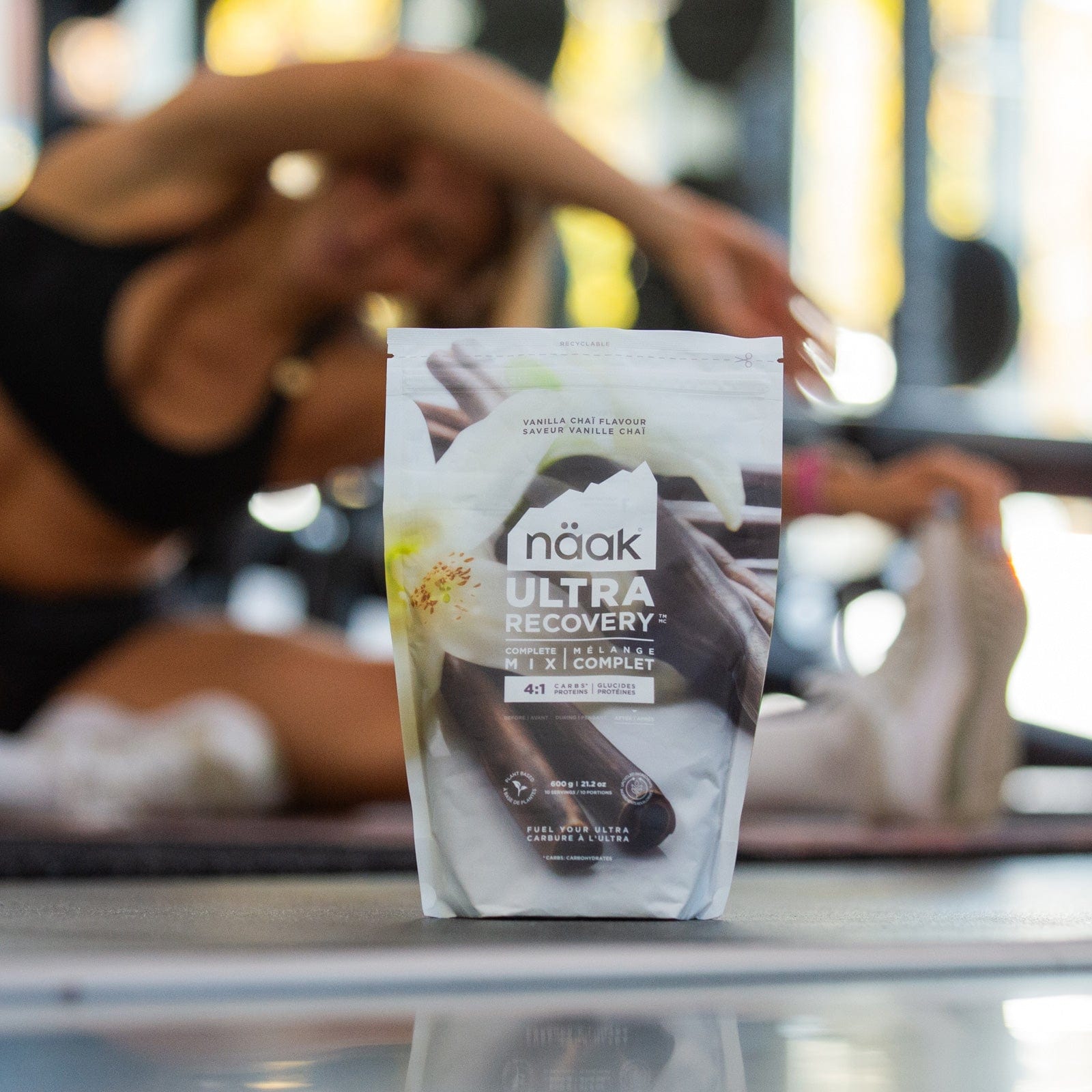


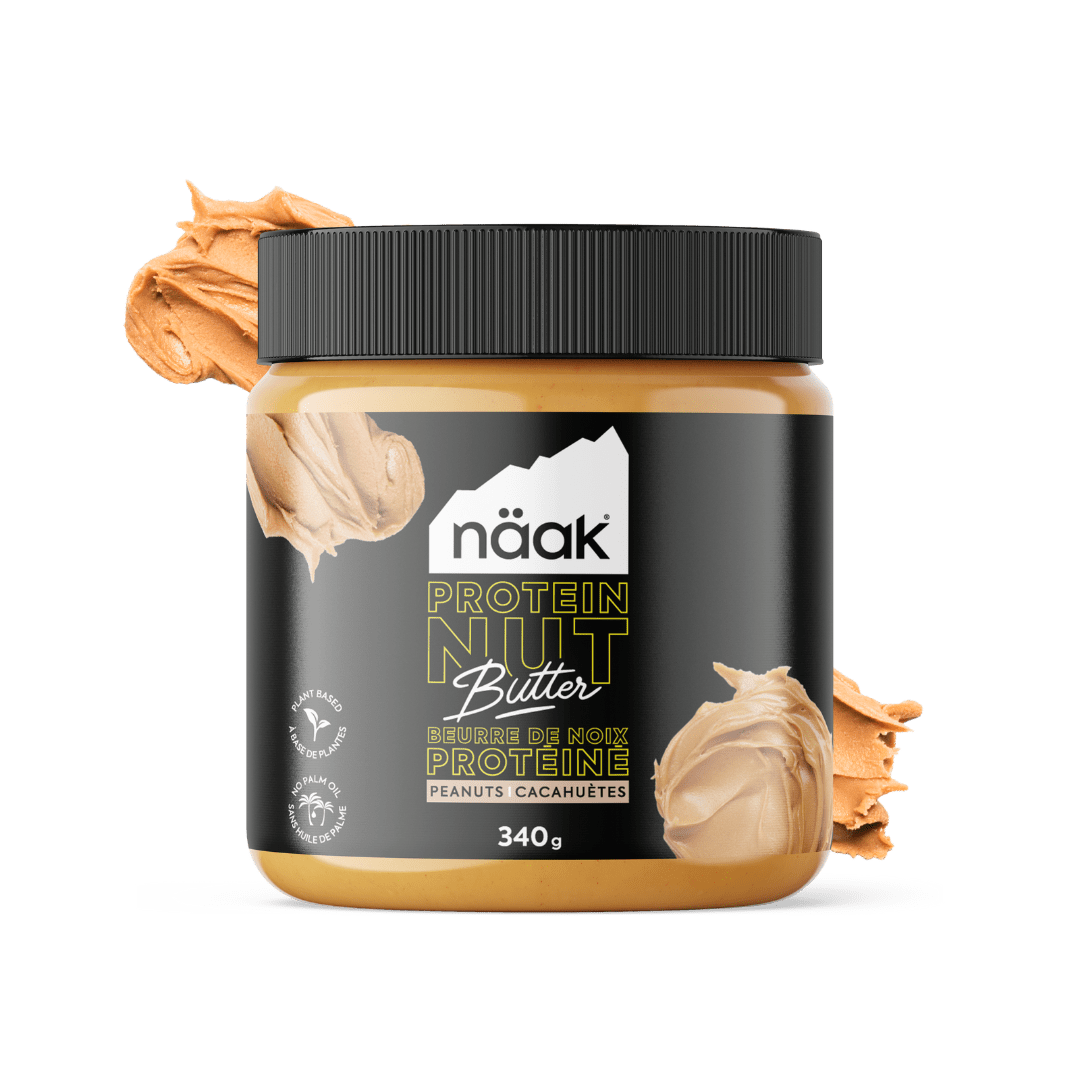
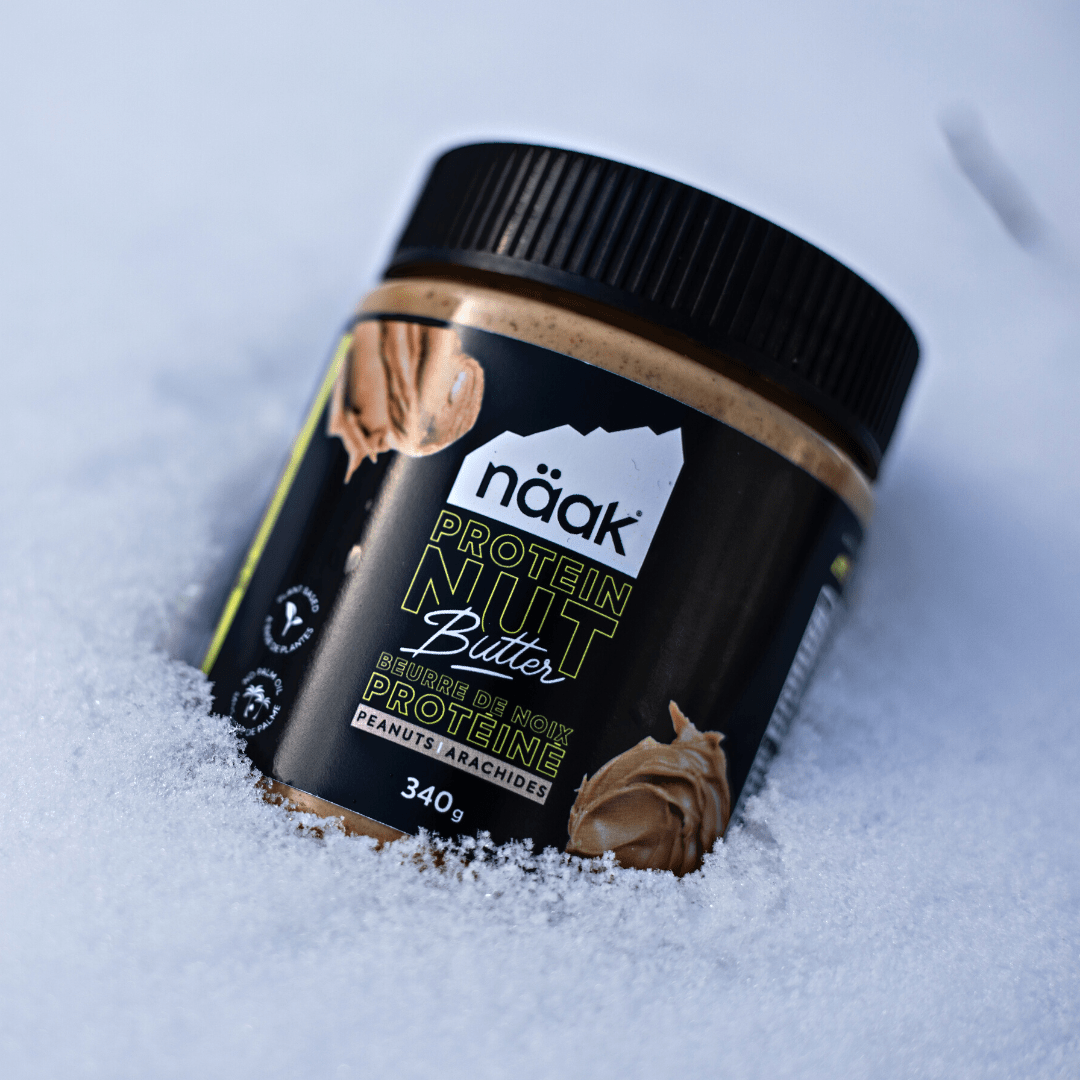
Leave a comment (all fields required)